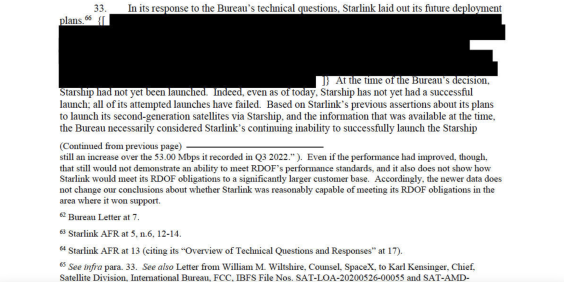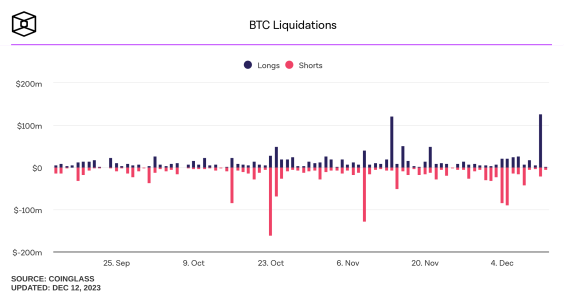This is not investment advice. The author has no position in any of the stocks mentioned. Wccftech.com has a disclosure and ethics policy.
Back in 2016, the South Korean Free Trade Commission fined San Diego chip giant Qualcomm (NASDAQ:QCOM) a hefty $854 million for violating competition laws. Qualcomm is renowned for playing hardball when it comes to licensing, and the company has faced similar accusations in Europe and China. After the Korean free trade commission's fine in 2016, Qualcomm proceeded to appeal the body's decision in the Seoul High Court. Now, three years after the company's appeal, the court has decided on the matter, and the decision isn't in Qualcomm's favor. Take a look below for more details.
Seoul High Court Upholds Korean Free Trade Commission's $876 Million Fine Against Qualcomm; Company Will Appeal Decision In South Korean Supreme Court
The 1,03 Trillion Korean Won fine imposed by the Commission is the largest in South Korean history and is short by approximately $100 million of the fine that Qualcomm has agreed to pay in China. In its investigation, the KFTC had determined Qualcomm to be in violation of FRAND (Fair, Reasonable, Non-Discriminatory) commitments that the Commission believes the company owes to parties that require the use of its patented technologies.
Qualcomm's appeal in the South Korean high court was presided by Judge Noh Tae-ak, who upheld the Commission's viewpoint that Qualcomm (NASDAQ:QCOM) exercises its chip supply to force smartphone manufacturers to agree to its licensing terms. However, in a reprieve to the company, Judge Noh did not uphold the KFTC's claim that the agreements which Qualcomm did enter into with smartphone companies are unfair.

From the KFTC's 2015 investigation.
Additionally, and in an important development, the court agreed with the free trade commission's assessment that Qualcomm acts discriminatorily against companies that wish to use its essential patents for developing competing modem solutions. In its investigation, the KFTC had determined that Qualcomm violates business code of conducts by:
Establishing a business model that does not license at a chipset level and instead licenses at a handset level. Qualcomm achieves this through:
refusing to license or imposing restrictions on the license for SEPs (standard essential patents) to competing chipset companies;linking the chipset supply with patent license agreements, Qualcomm has coerced the execution and performance of unfair license agreements by using its chipset supply as leverage, while circumventing FRAND commitment; and thenproviding handset companies with only comprehensive portfolio licenses and coerced unilaterally determined royalty terms without conducting a procedure to calculate fair compensation, while demanding handset companies to cross-license their patents for free.
After the high court's decision, Qualcomm's Executive Vice President Don Rosenberg has confirmed that the company will proceed to appeal against it in the South Korean Supreme Court. Given the nature of these things, it's likely that we'll have to wait for quite some time before the Supreme Court takes up the hearing.
Thoughts? Let us know what you think in the comments section below and stay tuned. We'll keep you updated on the latest.













